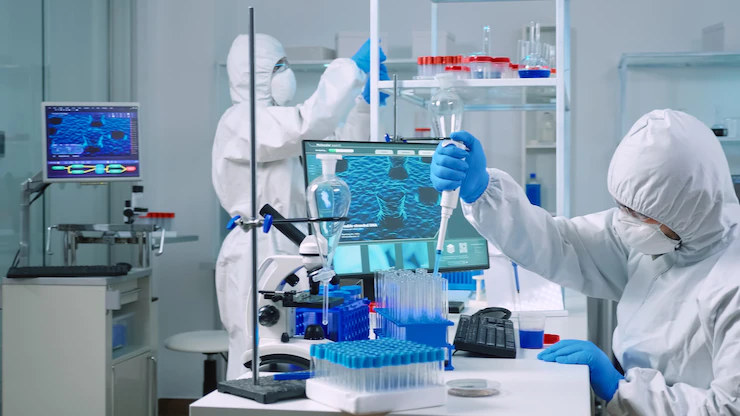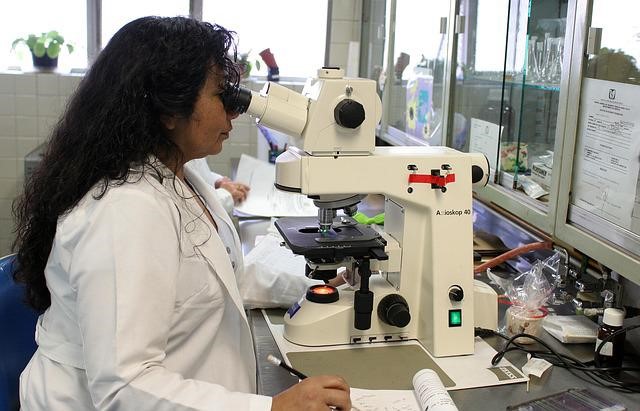5 Factors To Consider When Buying Lab Equipment
Laboratory equipment purchase is one of the most significant investments you’ll ever make.
Your lab results’ accuracy, speed, and staff efficiency primarily rely on the equipment. You should select the right ones to ensure top-notch service delivery. Knowing what to look for in specific lab equipment is the first step to finding the right one.
Contents
Here Are Five Crucial Factors To Consider When Buying Lab Equipment:

This article outlines five factors to consider when buying lab equipment.
1. Whether to buy or lease
The decision on whether to buy or lease lab equipment varies depending on your research, how regularly the equipment will be utilized, and other considerations.
Technology is constantly developing, increasing the obsoletion rate. Replacing outdated equipment every few years requires a vast investment, and the cost can sometimes be prohibitive.
Based on several variables, renting or leasing some lab equipment would make more sense, primarily for startups and short-term research.
Buying lab equipment outright will only make sense if it’s meant to last for several years, it’ll be used regularly, and it can sustain longevity with consistent performance.
If you’re looking for quality, high-end equipment, leasing would be a better option because it’s cost-effective and works well for short-lifespan equipment. With leasing, you don’t have to worry about customizations and maintenance. It’s all included in the lease package.
2. Your budget
Your budget usually influences your equipment choices. Before shopping for the necessary equipment, specify how much you want to spend. Research for vendors with your equipment choices at competitive rates.
You can also take advantage of those with sale discounts and promotions running. While budgeting is essential, you shouldn’t compromise on quality depending on the price, especially when buying critical materials, such as dATP. If you’re experiencing operating budget constraints, leasing lab equipment would be more viable.
3. Spare parts availability
Lab equipment can sometimes break down, necessitating repairs. Thanks to technological advancements, new equipment is constantly manufactured, rendering the older ones obsolete. It might be difficult to find spare parts for outdated equipment with time.
To avoid this issue, research the availability of specific equipment spare parts before buying. Alternatively, you can decide not to buy equipment that has been in the market for an extended period.
4. Reviews and referrals
Before buying any equipment, it’s essential to review it, plus the vendor. Reading online reviews from past clients can help you better understand the equipment you intend to buy and their experience with the seller.
This allows you to make an informed purchase decision. If you’re looking for credible recommendation sources, consult colleagues and friends in the laboratory field.
5. Service contracts
A service contract is usually an optional add-on when purchasing equipment. It comes in handy, especially when your warranty expires.
A service contract requires you to pay a monthly fee even if there’s nothing wrong with your equipment. This saves you money, especially when your equipment experiences many issues and costs you if no problem arises.
A service contract would benefit you more when buying used lab equipment. Before adopting a service contract, consider the availability of a warranty and how long it’ll be effective. Look at the service contract’s cost and how long it’ll last.
Endnote
Lab equipment purchases require a lot of consideration to ensure lab results’ accuracy and timeliness. Consider these factors the next time you buy lab equipment.
Read Also:
- Different Types Of Safety And Mobility Aids
- 3 Lab Tests That You Should Get Done On Yourself
- Complete Guide To Choosing The Right Skincare Packaging For Shipping



